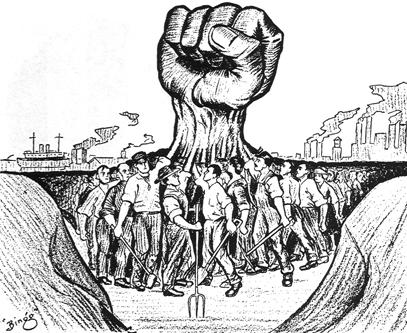
Now that you have listened to the state of the nation address and the budget, we need to get back to the question of why the cruel vicissitudes of history may prevent our leaders from delivering Uhuru for the majority. In part I we saw three distinctly significant epochs that mark the history of Uganda. These are the Obote, Amin and Museveni eras. These leaders are the ones who have had a singular opportunity to address the question of African economic marginalization in Uganda.
A caveat is necessary here before we proceed. This particular analysis is not about the persons of Obote, Amin or Museveni. You can replace any of them and the results would have been exactly the same if not worse! Indeed this list excludes more erudite men like Lule and Binaisa who never registered on the leadership scale. Our leaders have performed dismally but why so, we must ask. In analyzing this question, we by extension are analyzing the African question because the Ugandan condition is not unique.
Here are my three most critical hypotheses (others may have competing explanations as to why we have failed to address the issue of African economic marginalization). First is the weak and fractious nature of our nationhood. Ours are countries that never fully realized nationhood. Ethnic and religious factionalism and lack of a national ethos are the order of the day. For example, Uganda still consists of four or more substates which have divergent goals. What does it mean to be a Ugandan? What does for “God and my Country mean?
Because of this stillbirth nationhood we are prone to exploitation and other societies do indeed take advantage of our inherent weaknesses and divisions in the absence of a national ethos. It is not surprising that the state will donate freebies to foreigners while practicing tokenism with natives. Even as we proclaim love for the natives, it is plainly obvious that we face West or East rather than forward (Kwame Nkurumah).
The second hypothesis is an irrational utilitarianism engendered by the entropy of political and economic convergence. Politics is economics and economics is politics. Because our economic institutions and interests are subservient to political interests, it is difficult for economic decisions to be taken without rent seeking considerations. Resource allocation is therefore not primarily intended to maximize long term economic development. Rather, it must meet the political expediencies of the day. From the village chief to highest public servant, it is difficult to find where politics does not trump rational behavior. Additionally, we (the middle class) now have vested interests in the status quo, even if that status quo is intuitively anti progress in the long run.
My third point is our failure to harness knowledge to master our environment. This results in a failure to industrialize (based on innate advantages) and hence low productivity. Africa produces primary products which earn more money for the West and the East than they earn for us. For example, coffee earns USD 3 billion for Germany and USD 500 million for Uganda per annum. The former do not grow a single coffee tree in their country. Of course this is a more complicated problem, because we are subject to unfavorable and deteriorating trade terms and non-tariff barriers. It is a vicious cycle that is almost self-perpetuating.
Paulo Freire (The Pedagogy of the Oppressed) notes that several years after independence, the balance of power between the colonizer and the colonized remains relatively stable He writes that “Freedom is acquired by conquest, not by gift. It must be pursued constantly and responsibly. Freedom is not an ideal located outside of man; nor is it an idea which becomes myth. It is rather the indispensable condition for the quest for human completion”. The powerless in society can be frightened of freedom but freedom can only be achieved by informed action. Spare a thought then for the poor fellow who hopes to lead his/hers society out of this conundrum.
Samuel Sejjaaka is Country Team Leader at Abacus Business School. Twitter @samuelsejjaaka
